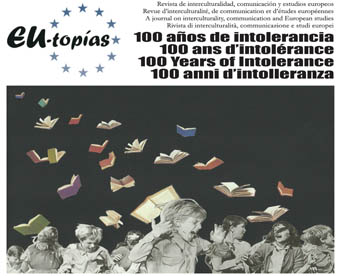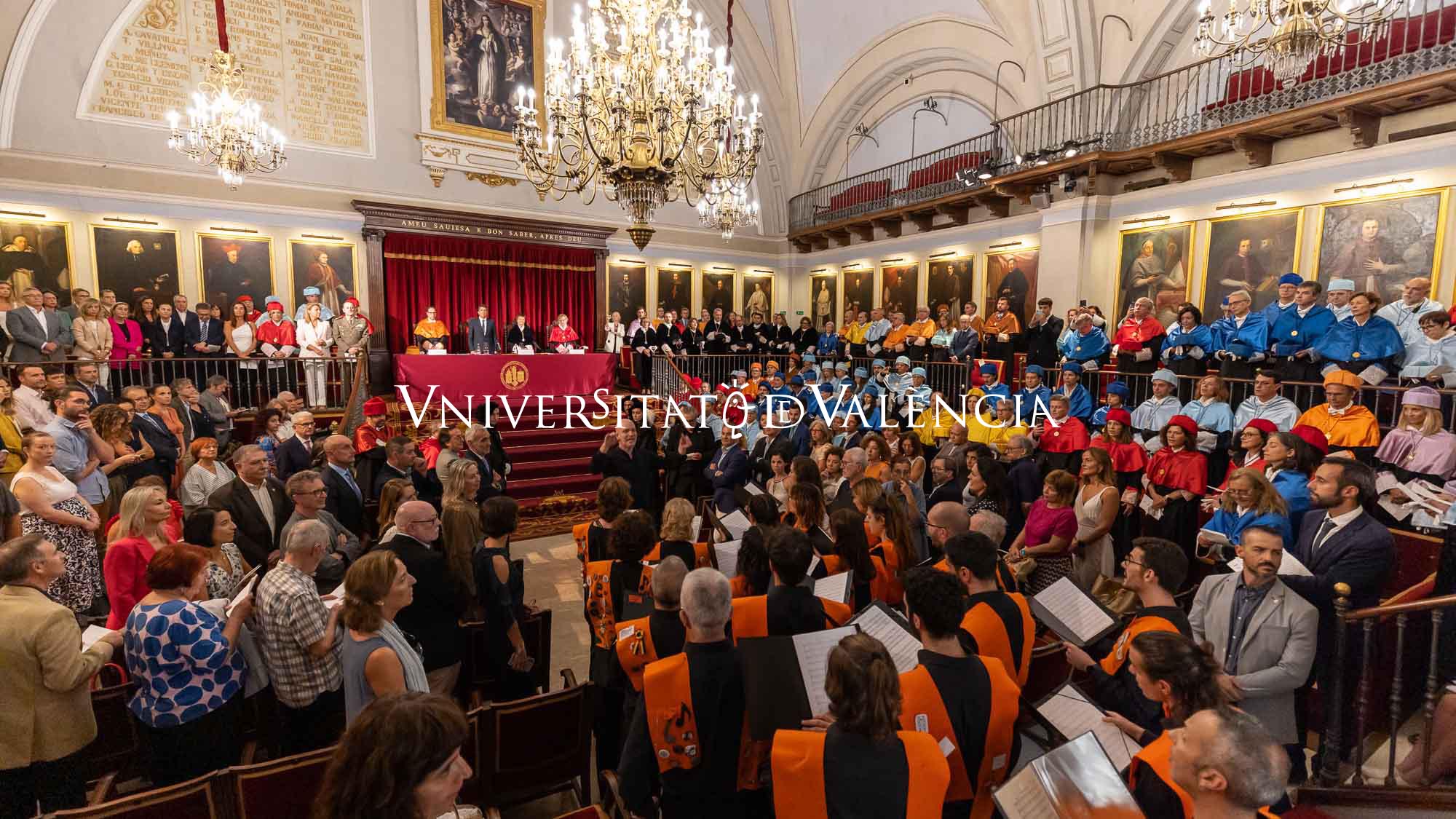
The stated aim of the magazine ‘EU-topías’ is to reflect on the influence of the film ‘Intolerance’ in the centennial of its first release from the perspective of tolerance between countries and cultures. The magazine dedicates a dossier to the film that David W. Griffith directed on 1916 and that is still one of the most influential films of the history of cinema and contemporary culture.
‘EU-topías’ becomes then the first international publication that honours the masterpiece anniversary of the considered the father of cinema.
The dossier includes works of the most renowned experts on the American filmmaker that undertake their studies from two aspects: on one side, to show the huge impact that the film had at the time and, on the other side, to place it as the heart of the debate on the evolution of tolerance in today’s society. The dossier, coordinated by the Universitat de València professor Manuel de la Fuente, starts with an analysis of the film conducted by Paolo Cherchi Usai, senior curator of the George Eastman Museum de Nueva York and one of the main authorities on silent films. It is followed by a text by Javier Marzal, Full University Professor at the Universitat Jaume I and top expert in Griffith in Spain. Some authors also bring their perspectives, such as Annick Allaigre, Full University Professor at Paris 8 University; Ronald W. Tobin, professor at University of California; Ionut Untea, professor at University of La Rochelle; or Aude Jehan, researcher at University of Geneva. The works tackle different issues, like tolerance concept since Enlightenment, tolerance between religions and the relationship between cinema and literature.
‘Intolerance’ is considered, along with ‘Avatar’ by James Cameron, one of the most expensive blockbusters of cinema history. It is also a particularly ambitious film, due to the fact that its three hours duration, it presents four parallel stories: the Fall of Babylon in 539 B.C. The Death of Christ, the killing of the Huguenots in France in the XVI century and the labourers stroke in the beginning of the XX century. The film paved the way for narrative cinema and it established the Hollywood production and distribution mechanisms. Griffith’s mastery has been recognised by different filmmakers throughout the decades, such as Charles Chaplin, Raoul Walsh or Orson Welles.
The issue is complemented in its other sections by original articles by Santiago Auserón, Clara Janés, Santiago Aguilar, Antonio Méndez and José Antonio Palao. ‘EU-topías’ is a quadrilingual publication (in Spanish, English, French and Italian) about Interculturality, Comunication and European Studies under Jenaro Talens and edited by the Universitat de València and the University of Geneva, and it is both printed and online: its online version can be downloaded at the site www.eu-topias.org
Over its five years and its 10 published issues, it has dedicated dossiers to topics such as Europe and culture, the Arab Spring, the relationship between poverty and disease or the existence of life in the Universe.
Last update: 6 de february de 2016 07:00.
News release


















